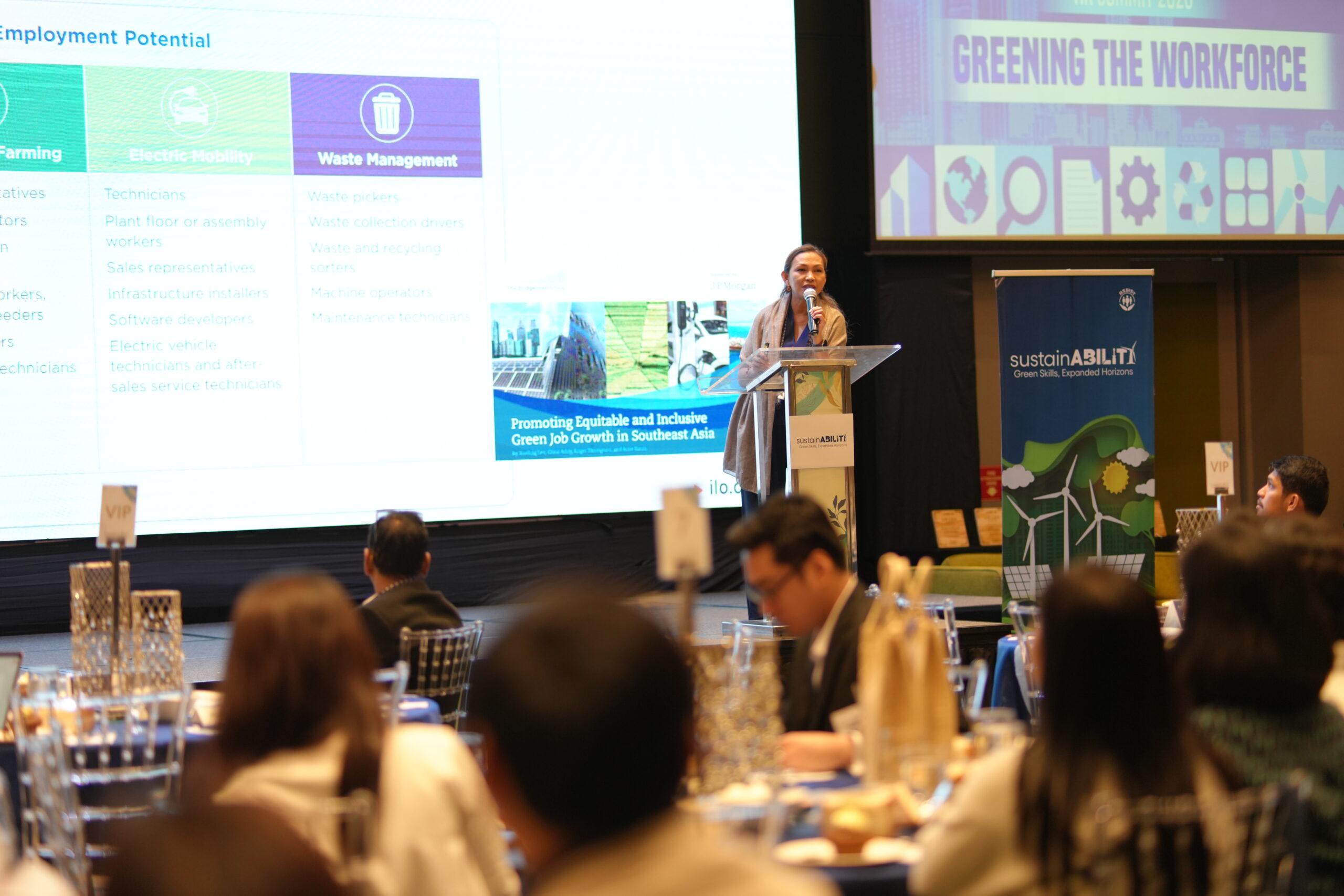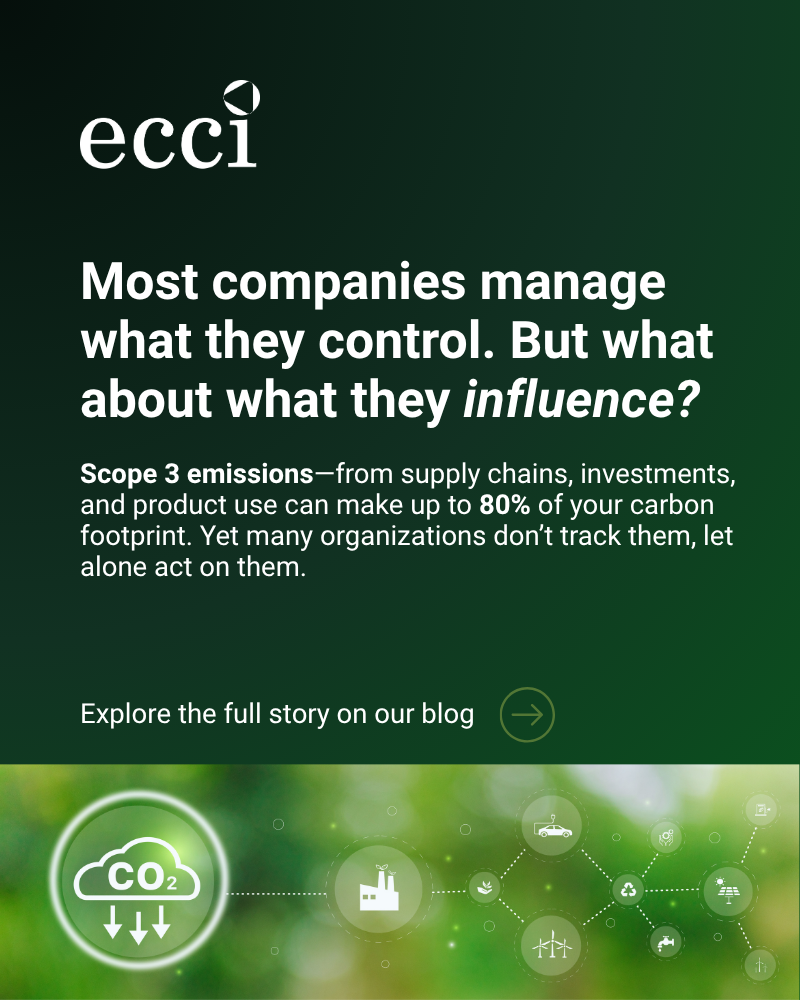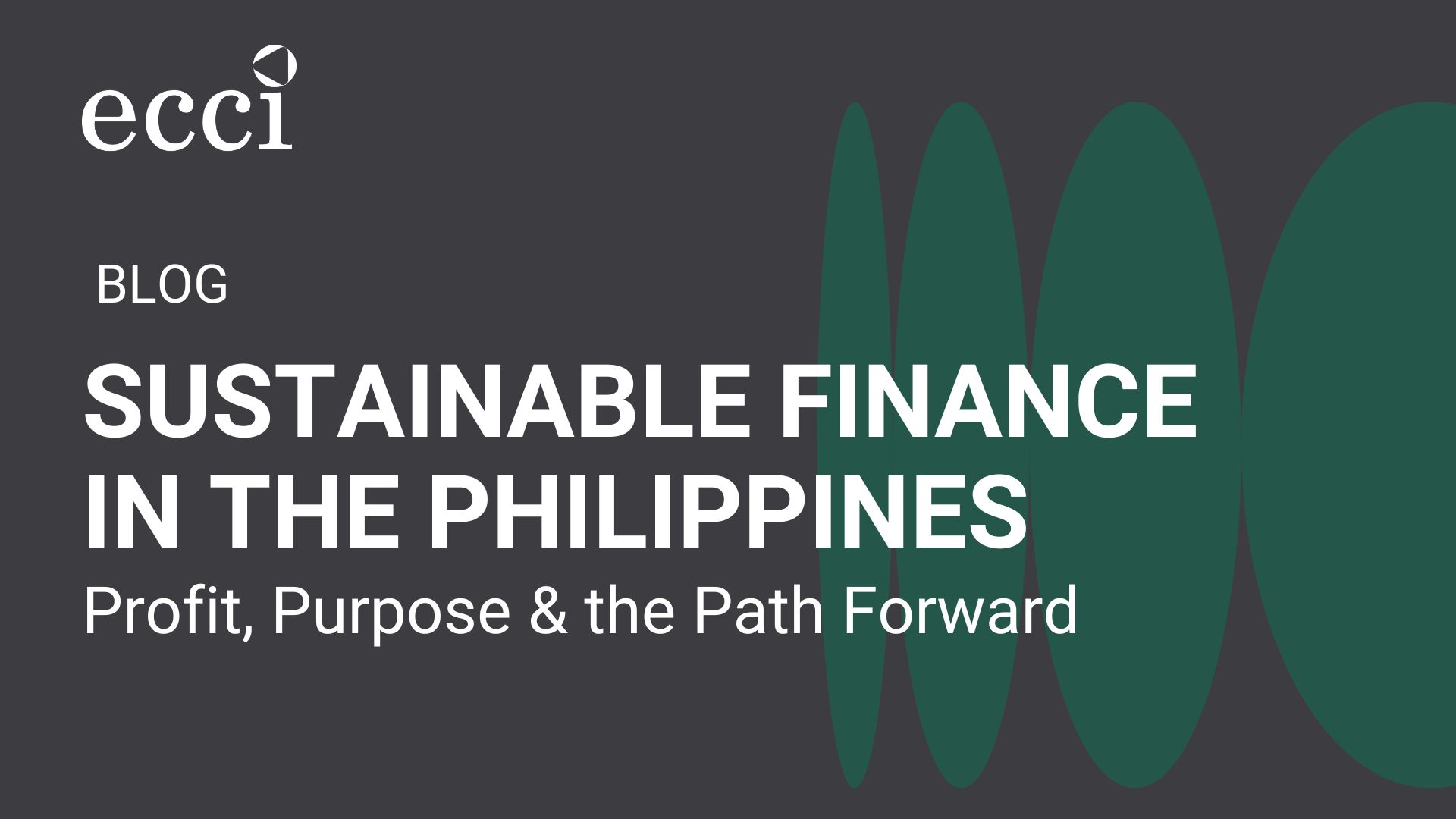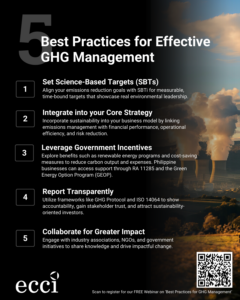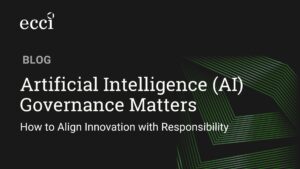HR leaders and partners convene to shape green jobs, skills, and a sustainable labor market in the Philippines
Pasig City, Philippines — August 18, 2025. HR leaders, sustainability advocates, government representatives, and industry partners gathered for the sustainABILITY HR Summit 2025: Greening the Workforce. The one-day summit puts the spotlight on the critical role of HR in driving the country’s transition to a greener economy—aligning workforce strategies with environmental responsibility, social inclusion, and the Philippine Green Jobs Act of 2016 (RA 10771).
From Climate Risks to Workforce Opportunities
The Philippines is among the most climate-vulnerable nations, ranked as the world’s most disaster-prone country, with 74% of the population exposed to natural hazards. Extreme heat, floods, and other climate-related risks disproportionately affect outdoor workers and frontline sectors.
To address this, the Green Jobs Act of 2016 was passed, incentivizing enterprises to create employment that both preserves the environment and ensures decent work—jobs that are fair, safe, and inclusive. The Philippine Development Plan 2023–2028 further identifies green jobs as a socioeconomic priority, explicitly linking them to poverty reduction, resilience, and a just transition for workers.
HR as Architects of a Greener Workforce
The summit underscores that HR leaders are uniquely positioned to:
- Recruit talent for fast-growing green sectors such as renewable energy, construction, transport, manufacturing, agriculture, and ecotourism.
- Integrate green skills training into learning and development, covering both technical skills (e.g., solar energy systems, sustainable construction practices, waste management) and core skills (adaptability, problem-solving, teamwork).
- Champion inclusion by giving women, youth, and vulnerable groups equal access to green job opportunities, especially in STEM fields.
- Build organizational cultures that embed sustainability into everyday business practices and workforce development strategies.
TESDA, CHED, and DepEd are already making strides by embedding sustainability into over 100 training regulations, higher education curricula, and even K-12 programs. However, youth awareness remains low—while 41% of young Filipinos are interested in green careers, only 25% are aware of local opportunities, and just 39% feel prepared for the green economy. This gap underscores HR’s role in bridging interest with actual employment pathways.
Introducing GreenJobsPH.com
A central feature of the summit is the promotion of GreenJobsPH.com, a platform designed to connect jobseekers with enterprises offering green employment opportunities. Unlike traditional job boards, GreenJobsPH focuses exclusively on roles that contribute to environmental sustainability, from renewable energy engineers to sustainable agriculture specialists.
The platform is enabled through a coalition of partners—including TVET schools and associations, industry partners, chambers of commerce, and both local and international government agencies—working together to align skills development with labor market demand. By promoting GreenJobsPH, the summit ensures that national policies translate into accessible, practical opportunities for Filipino workers, helping future-proof industries and empower a new generation of professionals.
A Shared Call to Action
“The HR Sustainability Summit is more than a dialogue—it’s an initiative to connect youth, educators, employers, and policymakers,” said Mahesh Krishnamurthy, Director for Projects at ASSIST. “By focusing on green jobs and sustainable skills, we can ensure that the next generation of Filipino workers is prepared for industries that support both economic growth and environmental protection.”
About the Organizers
The summit is organized by the Asia Society for Social Improvement and Sustainable Transformation (ASSIST) in partnership with ECC International and APEX Global Learning.
ECC International supports this program as part of its long-standing commitment to sustainability and organizational resilience, working with enterprises to align business strategies with ESG and workforce transformation goals.
For more information about ECCI and its services, visit www.eccinternational.com.

